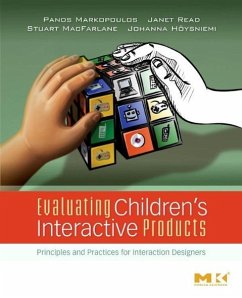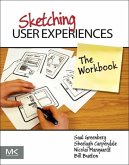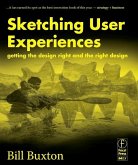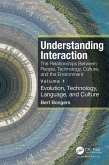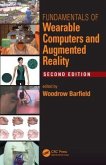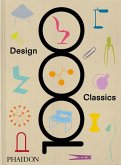Evaluating Children's Interactive Products directly addresses the need to ensure that interactive products designed for children - whether toys, games, educational products, or websites - are safe, effective, and entertaining. It presents an essential background in child development and child psychology, particularly as they relate to technology; captures best practices for observing and surveying children, training evaluators, and capturing the child user experience using audio and visual technology; and examines ethical and legal issues involved in working with children and offers guidelines for effective risk management.
Based on the authors' workshops, conference courses, and own design experience and research, this highly practical book reads like a handbook, while being thoroughly grounded in the latest research. Throughout, the authors illustrate techniques and principles with numerous mini case studies and highlight practical information in tips and exercisesand conclude with three in-depth case studies.
This book is recommended for usability experts, product developers, and researchers in the field.
Based on the authors' workshops, conference courses, and own design experience and research, this highly practical book reads like a handbook, while being thoroughly grounded in the latest research. Throughout, the authors illustrate techniques and principles with numerous mini case studies and highlight practical information in tips and exercisesand conclude with three in-depth case studies.
This book is recommended for usability experts, product developers, and researchers in the field.
"Evaluating Children's Interactive Products provides numerous practical suggestions based on the authors' considerable experience and wisdom. The authors present a powerful case for the importance of beginning the evaluation process by spending time with children and attempting to see the world through their eyes. The emphasis on the often overlooked aspects of evaluation, ,is refreshing and makes this book a "must read for anyone truly dedicated to providing valuable insight on behalf of children and improving the products intended for their use." --Kristin Alexander, Group Research Manager, Microsoft"Evaluating Children's Interactive Products gives a great introduction to a wide range of methods for working with children. It is an excellent resource for students and researchers alike." --Dr Judy Robertson, Lecturer, Computer Science, Heriot-Watt University."There is nothing more important than improving the lives of children. This book offers a way for industry professionals and academic researchers to understand the needs of young people, which can lead the way to better new technologies. There is a wealth of information, experience, and inspiration that the authors share that will ask you to first consider, or spend some time re-examining, what is possible and important for children." --Allison Druin, Director, Human-Computer Interaction Lab, Associate Professor, University of Maryland"Evaluating Children's Interactive Products fills a void in the literature by providing practical advice based on the authors' experience, a thorough survey of evaluation methods, as well as valuable real world examples. It brings together valuable information and experiences that would have previously required reading dozens of papers and several books. The authors have been heavily involved in the interaction design and children research community and it shows in the breadth and depth of topics covered, and in the content being up-to-date. This is a useful book for people in industry and for researchers in academia who are interested in conducting evaluations of technologies for children. The writing style is easy to follow and appropriate for native speakers of English as well as for those who are fluent in English but for whom English is a second language." --Juan Pablo Hourcade, Assistant Professor, Department of Computer Science, University of Iowa

